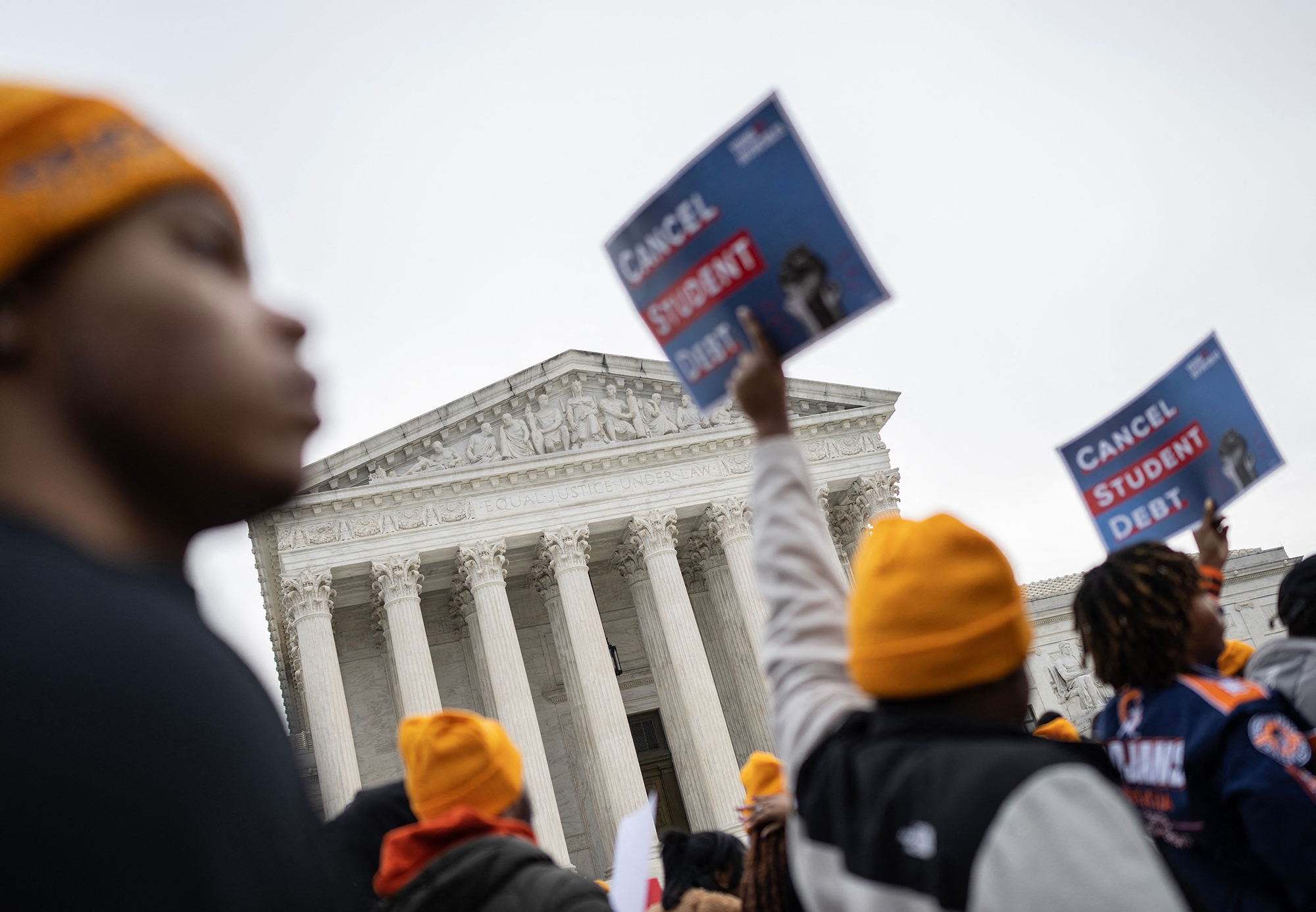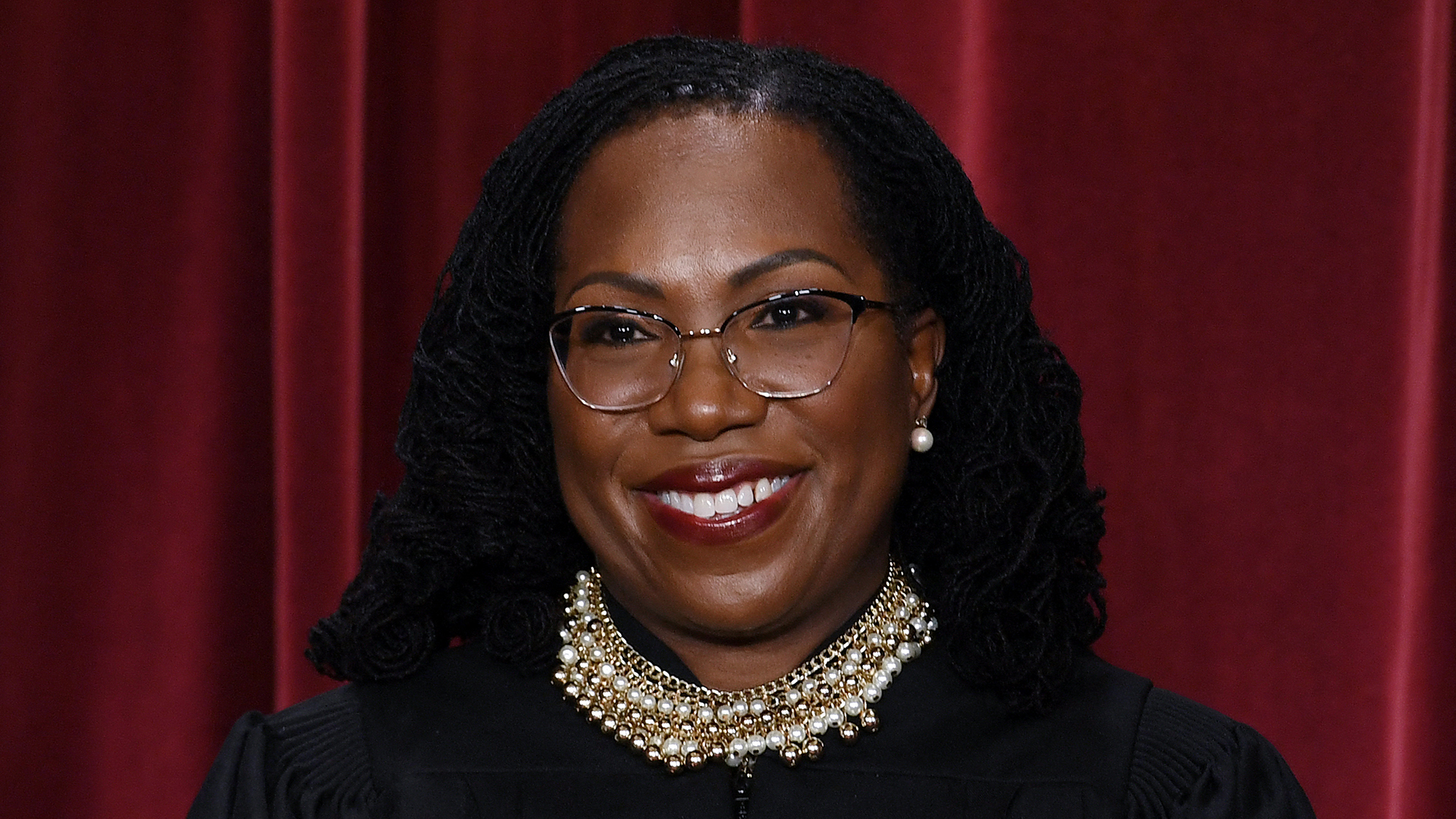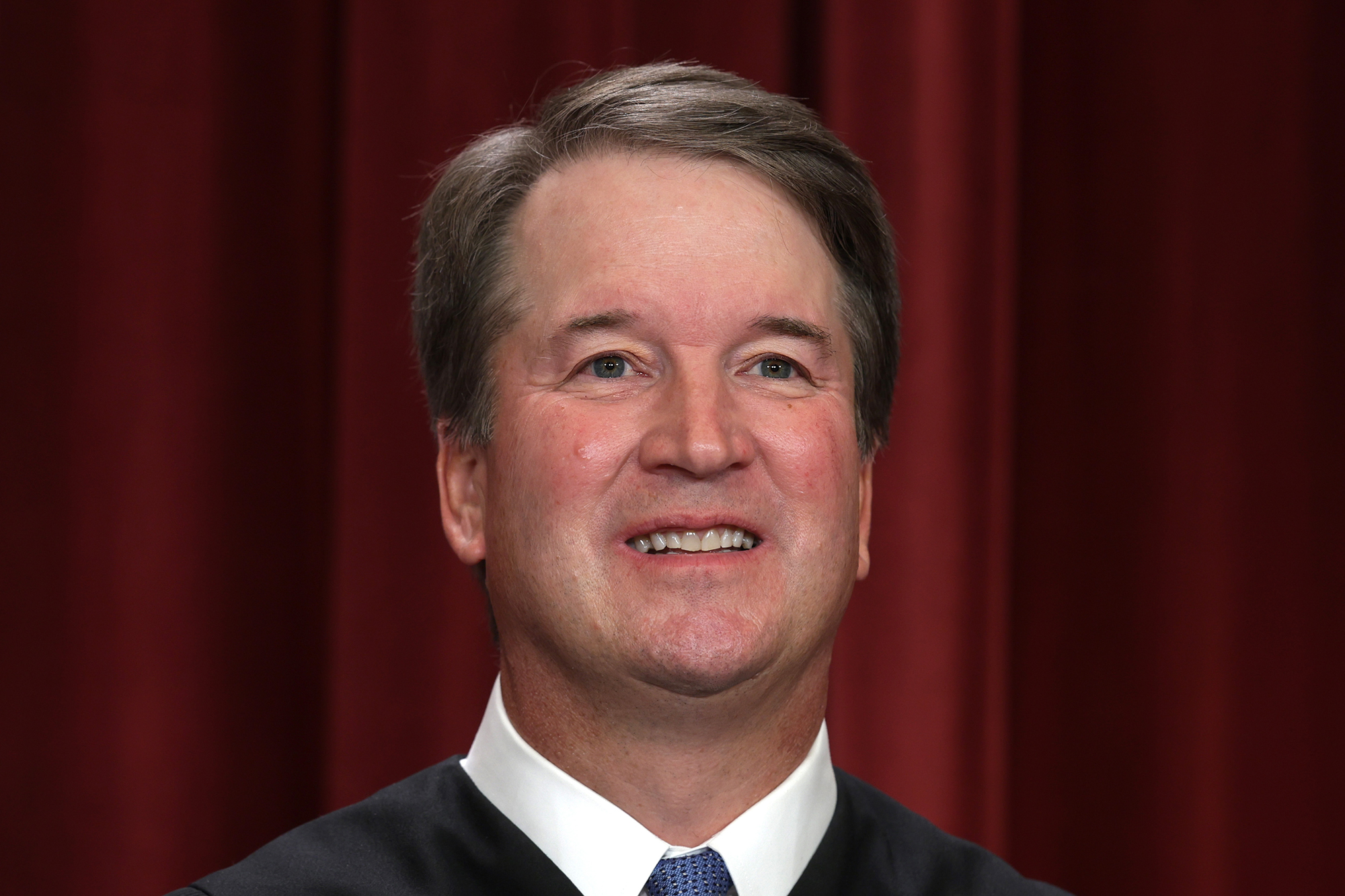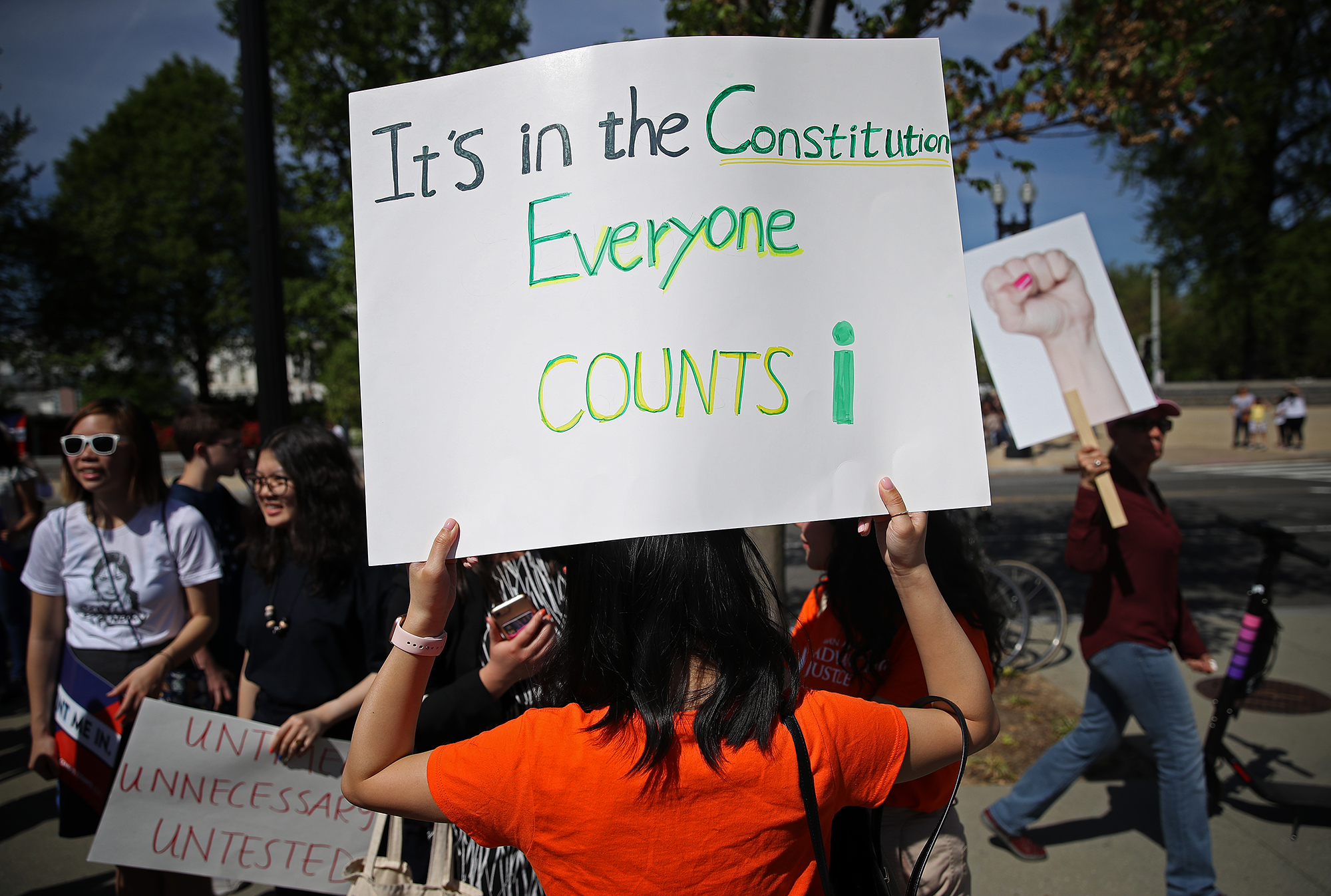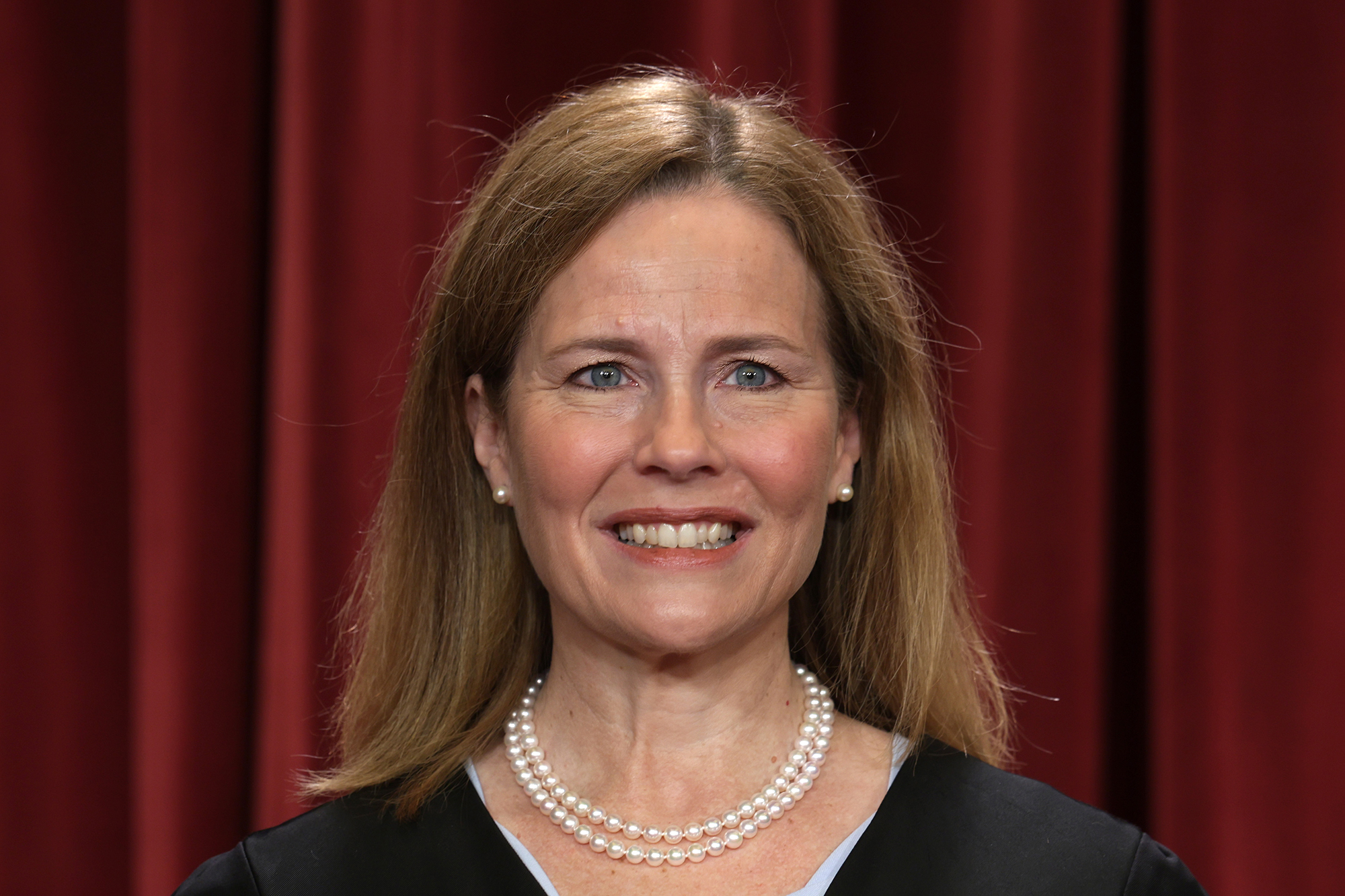
Nebraska Solicitor General James Campbell, who is representing all the GOP states suing over the debt relief program, received tough questions from several justices about whether the states have really proved that they would be harmed by the loan forgiveness program in a way that would warrant a court intervention.
That line of questions included a grilling from Justice Amy Coney Barrett, who zeroed in on how MOHELA — the Missouri-created entity that services loans in the state and which Missouri is pointed to as giving it standing — could have opted to challenge in court the debt relief policy but hasn't.
"If MOHELA is an arm of the state, why didn't you just strong-arm MOHELA and say you've got to pursue this suit," Barrett asked Campbell. He said that was a matter of state politics and Justice Elena Kagan jumped in to note that even to get records from MOHELA, Missouri has to use a state open records law.
Before Barrett's inquiries, Justice Ketanji Brown Jackson also pressed Campbell on whether the supposed harms the loan forgiveness program was causing MOHELA really established standing for Missouri, as did Kagan, who highlighted MOHELA's absence from the lawsuit.
